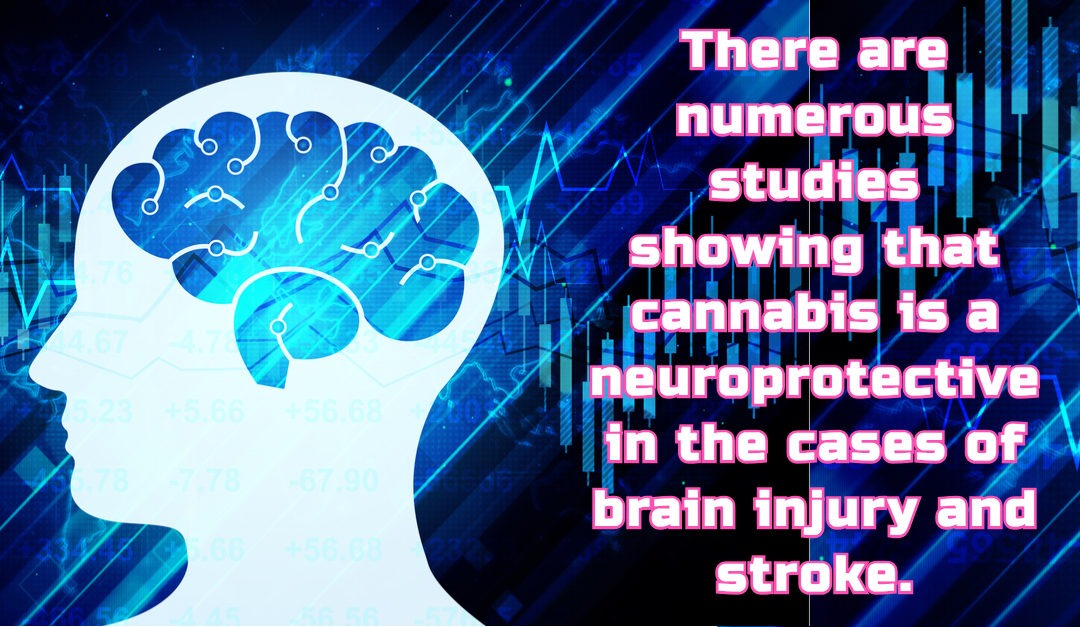Dear Dr. Dave,
Following brain surgery, I suffer the effects of a severe concussion. I use cannabis to control my mood swings and to stop the associated “flying off the handle” episodes. My question, what would be the medical explanation of why this works so well?
-Craig in New Zealand
Dear Craig,
There are numerous studies showing that cannabis is a neuroprotective in the cases of brain injury and stroke. Dr. Rapahael Mechoulam developed semi-synthetic Dexabinol based on research of this neuroprotective effect.
Brain surgery certainly bears some resemblance to traumatic brain injury (TBI). I also would not be surprised that the ordeal of the reason for the surgery itself caused post-traumatic stress disorder (PTSD). Both TBI and PTSD affect the brain to increase the speed of neurotransmission. This increased speed gives the mid-brain more influence in thinking. The more the mid-brain (or reptilian brain) has control the less opportunity there is for the fore-brain to use more rational thought to override it, meaning more acting first and thinking later. By slowing down the speed of neurotransmission through retrograde inhibition through cannabis use, we allow the fore-brain the proper time to respond to rationalize and control the urges.
Due to the frequency of his impulsive behavior, it seems clear President Trump suffers from endocannabinoid deficiency syndrome that could be controlled with cannabis. He is both angry and impulsive and almost certainly would derive benefit from cannabis use.
For more on cannabis and retrograde inhibition, I suggest reading the work in O’Shaughnessy’s by the late Dr. Tod Mikuriya as well as the 2004 Scientific American Article “The Brain’s Own Marijuana” by Alger and Nichol. This should be a good start in better understanding impulse control issues associated with brain surgery and the potential benefits derived from medical cannabis.
-Dr. Dave
About the author
Dr. Bearman is one of the most clinically knowledgeable physicians in the U.S. in the field of medicinal cannabis. He has spent 40 years working in substance and drug abuse treatment and prevention programs. Dr. Bearman was a pioneer in the free and community clinic movement. His career includes public health, administrative medicine, provision of primary care, pain management and cannabinology.
